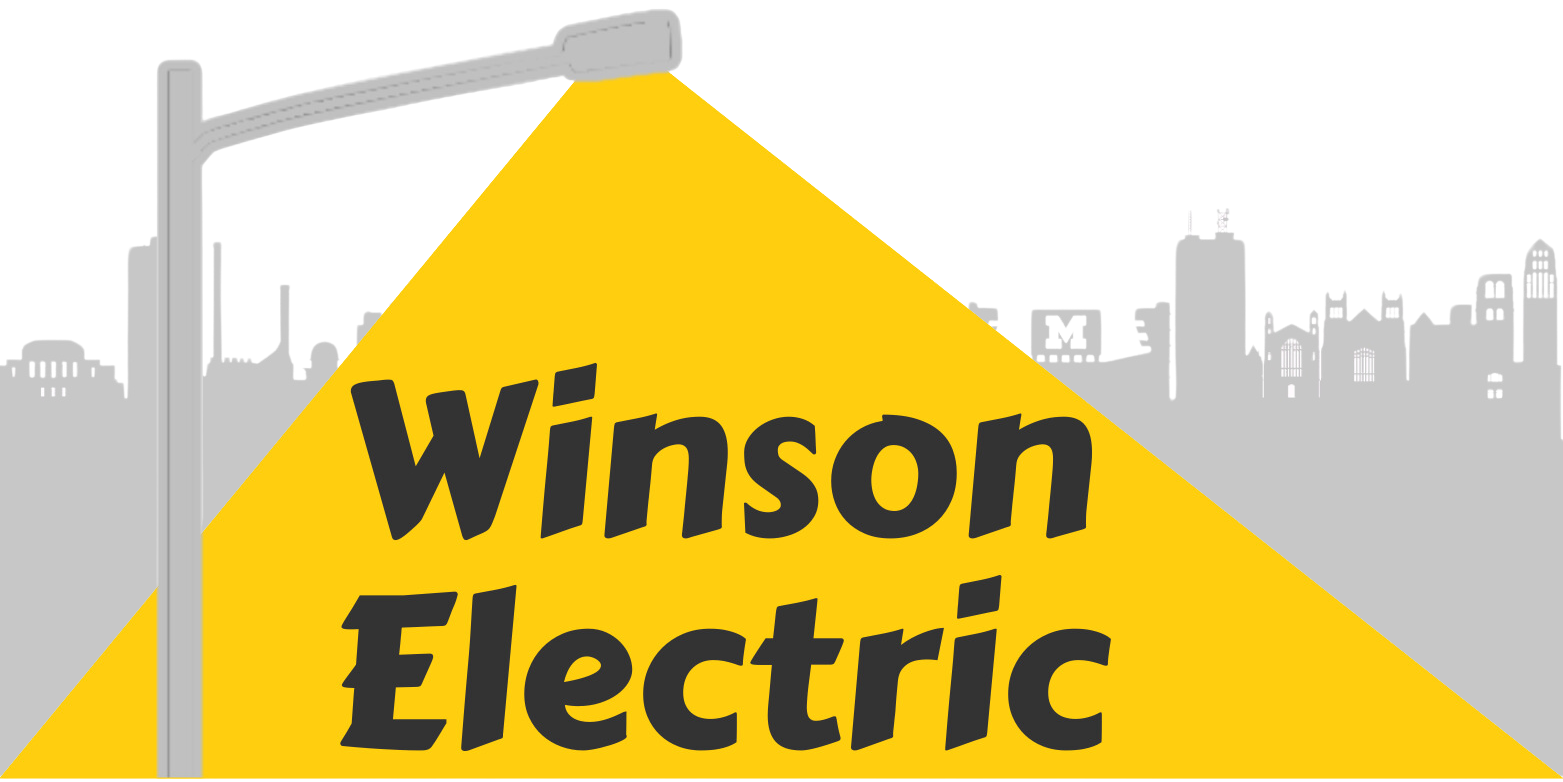How to Know When to Replace Your Electrical Panel

The electrical panel in your home is akin to the heart of your electrical system, distributing power to various circuits and ensuring that your home remains powered and safe. However, just like any vital component, an electrical panel can wear out or become outdated over time. Knowing when to replace your electrical panel is crucial for maintaining both the safety and efficiency of your home’s electrical system. Here’s a guide to help you determine if it’s time for a replacement and what to look for during an electrical panel installation.
Understanding Your Electrical Panel
An electrical panel, also known as a circuit breaker panel or service panel, is the central hub that manages the electricity coming into your home. It divides the power into various circuits that are then distributed throughout your house. Modern panels are equipped with circuit breakers that trip to prevent overloads, but older panels might use fuses instead.
Signs That Indicate a Need for Replacement
1 Frequent Circuit Breaker Trips
If you frequently experience tripped circuit breakers, it’s a sign that your panel might be struggling to handle the electrical load. Frequent tripping can be caused by overloading, which often indicates that your electrical panel is outdated or insufficient for your home’s current needs.
2 Aging Panel
Electrical panels typically have a lifespan of 25 to 40 years. If your panel is approaching or exceeding this age, it may be time to consider a replacement. Older panels may not meet current electrical standards and could pose safety risks.
3 Burn Marks or Smell
Burn marks, discoloration, or a burning smell coming from your panel are clear indicators of a serious problem. These signs suggest that there could be overheating or a short circuit, which can be dangerous and require immediate attention from a professional.
4 Insufficient Power Supply
Modern homes have higher electrical demands due to increased use of appliances and electronic devices. If your panel cannot handle these demands, it may be time for an upgrade. A panel that provides less power than required for your home’s needs can result in inefficiencies and potential hazards.
5 Panel Is Not Up to Code
Electrical codes and standards evolve over time to improve safety and efficiency. If your electrical panel is outdated and does not comply with current codes, replacing it will not only ensure safety but also bring your home up to standard.
6 Fuse Box Instead of Circuit Breakers
Homes with a fuse box rather than a circuit breaker panel are often candidates for an upgrade. Fuse boxes are outdated and less efficient compared to modern circuit breakers, which offer better protection and are easier to manage.
7 Visible Rust or Corrosion
Rust or corrosion on the panel or its components can compromise its functionality and safety. Exposure to moisture can lead to these issues, indicating that your panel may need replacing to avoid electrical hazards.
Benefits of Replacing Your Electrical Panel
Replacing an old or insufficient electrical panel has several benefits:
• Enhanced Safety: Newer panels are designed with updated safety features that reduce the risk of electrical fires and shock.
• Increased Capacity: A new panel can handle higher electrical loads, making it suitable for modern appliances and increased usage.
• Improved Efficiency: New panels are more efficient, helping to lower your electricity bills and improve the overall performance of your electrical system.
• Compliance with Codes: Installing a new panel ensures that your electrical system meets current codes and standards.
Steps for Electrical Panel Installation
If you’ve decided that it’s time to replace your electrical panel, follow these steps to ensure a smooth and safe installation:
1 Consult a Professional
Electrical panel installation is a complex and potentially dangerous task that should be handled by a licensed electrician. A professional will assess your current panel, determine the best replacement options, and ensure the installation is performed safely and in compliance with local codes.
2 Choose the Right Panel
Work with your electrician to select a panel that meets your home’s electrical needs. Consider factors such as the number of circuits, amperage rating, and any additional features you may require.
3 Schedule the Installation
Once you’ve chosen the new panel, schedule a convenient time for the installation. Your electrician will need to turn off the power to your home, so plan accordingly.
4 Prepare for the Installation
Clear the area around your current panel to give the electrician easy access. Ensure that any valuables or sensitive items are moved away to avoid any potential damage.
5 Installation and Testing
The electrician will remove the old panel, install the new one, and reconnect all the circuits. After installation, they will test the new panel to ensure that everything is working correctly and that the electrical system is functioning safely.
6 Final Inspection
After installation, a final inspection may be required to ensure that the new panel meets all local codes and regulations. This step is essential for confirming that your electrical system is both safe and compliant.
Maintaining Your New Electrical Panel
Once your new electrical panel is installed, it’s important to maintain it properly to ensure long-term performance and safety:
• Regular Inspections: Schedule periodic inspections with your electrician to check for any potential issues and ensure that your panel is operating correctly.
• Avoid Overloading: Be mindful of the electrical load you place on your circuits to prevent overloading and potential damage to your panel.
• Keep the Area Clean: Ensure that the area around your panel remains clean and free of dust or debris, which can affect its performance.
• Report Any Issues Promptly: If you notice any signs of trouble, such as tripped breakers or unusual noises, contact your electrician immediately to address the problem.
Contact us Today
Replacing your electrical panel is a crucial step in maintaining a safe and efficient electrical system in your home. By recognizing the signs that indicate it’s time for a replacement and understanding the benefits of upgrading, you can make an informed decision that enhances both safety and functionality. Partnering with a professional for electrical panel installation ensures that the job is done correctly and safely, giving you peace of mind and reliable power for your home.
For residents in Ann Arbor, Brighton, Howell, Ypsilanti, Pinckney, Fowlerville, Saline, and Rose City, Winson Electric is your trusted partner for all your electrical panel needs. Contact us today to schedule a consultation and ensure your home’s electrical system is up to date and functioning optimally.























